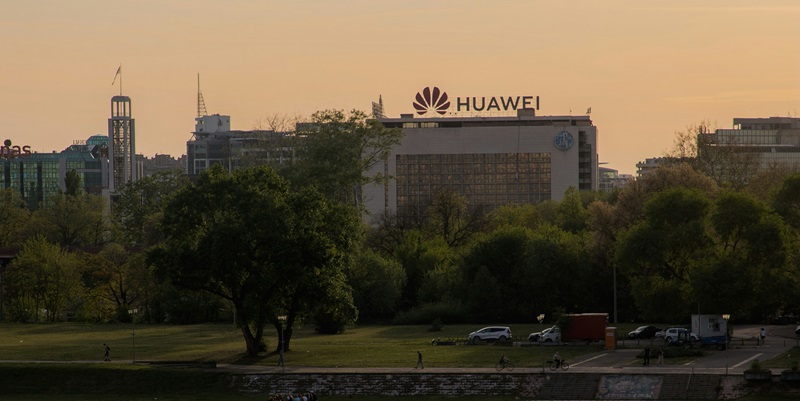In a remarkable testament to Huawei’s innovation and consumer anticipation, the Mate XT has achieved an extraordinary feat by garnering over 1.7 million reservations within a single day of pre-launch. This record-breaking milestone underscores the immense interest surrounding the world’s first tri-folding smartphone, which is set to officially launch on September 10, with reservations remaining open until September 19, 2024. Offered in sophisticated dark black and a vibrant crimson-like ‘Ruihong’ hue, the Mate XT comes in two eye-catching configurations: 16GB/512GB and an expansive 16GB/1TB, catering to varying consumer needs. The overwhelming response not only highlights the anticipation but also reflects a growing consumer fascination with foldable mobile technology, marking a significant shift in the market landscape.
A Design and Technological Marvel
The Huawei Mate XT stands out not only for its unprecedented tri-folding design but also for its robust technological capabilities. The device features a stunningly large 10-inch display enclosed in a sleek, sophisticated form factor that caters to both tech enthusiasts and professional videographers. The Mate XT’s camera system, intriguingly similar to the Mate 60 RS’s module, promises superior imaging capabilities with two 48 MP primary and telephoto sensors, complemented by a 40 MP ultra-wide-angle sensor. Although the exact number of cameras remains the subject of speculation, the high-quality specifications suggest that the Mate XT is designed for those seeking top-tier imaging solutions.
Huawei’s marketing efforts, including a teaser featuring cinematic visuals and the phrase "Ultimate Design," hint at a luxurious leather finish on the back of the device and prominently display Huawei’s brand logo. This teaser also opens the door to speculation about the potential introduction of a new Huawei smart ring accessory, adding an additional layer of intrigue to the upcoming product launch. Through these combined hardware and marketing efforts, Huawei aims to deliver not just a phone, but a comprehensive and sophisticated user experience.
Unprecedented Public Response
The staggering number of reservations within a single day showcases a growing trend of consumer interest in advanced foldable devices, a market segment that is rapidly evolving. This unprecedented response to the Mate XT hints at Huawei’s successful strategic positioning in capturing consumer enthusiasm prior to the official release. The device’s pre-launch success also builds on the momentum generated by other Chinese brands like Vivo and Honor, whose foldable devices have also received widespread acclaim. Vivo’s X Fold3 and Honor’s Magic V3, for example, have both achieved impressive review scores of 89% and 86%, respectively, reflecting a broader acceptance and excitement for foldable phone technology.
Competitive Edge in a Growing Market
The overwhelming number of reservations in just one day highlights a significant rise in consumer interest in sophisticated foldable devices, marking a rapidly developing market segment. This extraordinary response to the Mate XT indicates Huawei’s effective strategic approach in generating consumer excitement even before the official release. The device’s pre-launch success also capitalizes on the momentum created by other Chinese brands such as Vivo and Honor, whose foldable devices have garnered extensive praise. For instance, Vivo’s X Fold3 and Honor’s Magic V3 have achieved impressive review scores of 89% and 86%, respectively, underscoring a broader acceptance and eagerness for foldable phone technology.
Moreover, this trend doesn’t only reflect consumer interest but also suggests that manufacturers are hitting the right notes with their innovations. The high praise and strong pre-order numbers signal that these companies are successfully meeting consumer demands for both functionality and cutting-edge design. As the market for foldable devices continues to grow, brands like Huawei, Vivo, and Honor are likely to see sustained success, shaping the future landscape of the smartphone industry.

